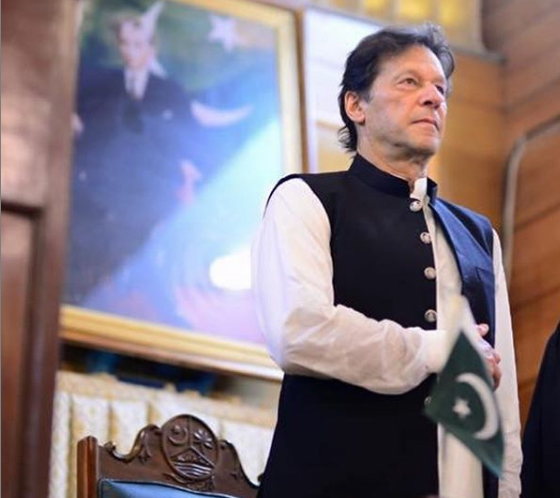
The decision was not just a setback for Pakistan but also undermined the personal credibility of PM Imran, who was very vocal about raising issues faced by the Muslim world along with the likes of his heroes, Mahathir and Erdogan. In September, Imran, Mahathir and Erdogan met on the sidelines of the UNGA session in New York and announced a raft of measures including the launch of an English language news channel to counter Western propaganda about Islam.
Why this somersault is a huge foreign policy debacle is because the PM or those advising him on foreign policy should have known the political dynamics of the Muslim world. Pakistan being seen close to Turkey, Iran, Malaysia and Qatar was bound to raise eyebrows in the Arab world. What was more embarrassing was that Pakistan could not convince its Arab allies that turning down an invitation to the Kuala Lumpur Summit would put the country in a bad light. But the reality is that when Pakistan depends so heavily on Saudi Arabia for financial and strategic reasons, it is always a daunting task to maintain independence in making decisions on foreign policy issues and this is something we must ponder upon.
Published in The Express Tribune, December 23rd, 2019.
Like Opinion & Editorial on Facebook, follow @ETOpEd on Twitter to receive all updates on all our daily pieces.



1725612926-0/Tribune-Pic-(8)1725612926-0-165x106.webp)








COMMENTS
Comments are moderated and generally will be posted if they are on-topic and not abusive.
For more information, please see our Comments FAQ